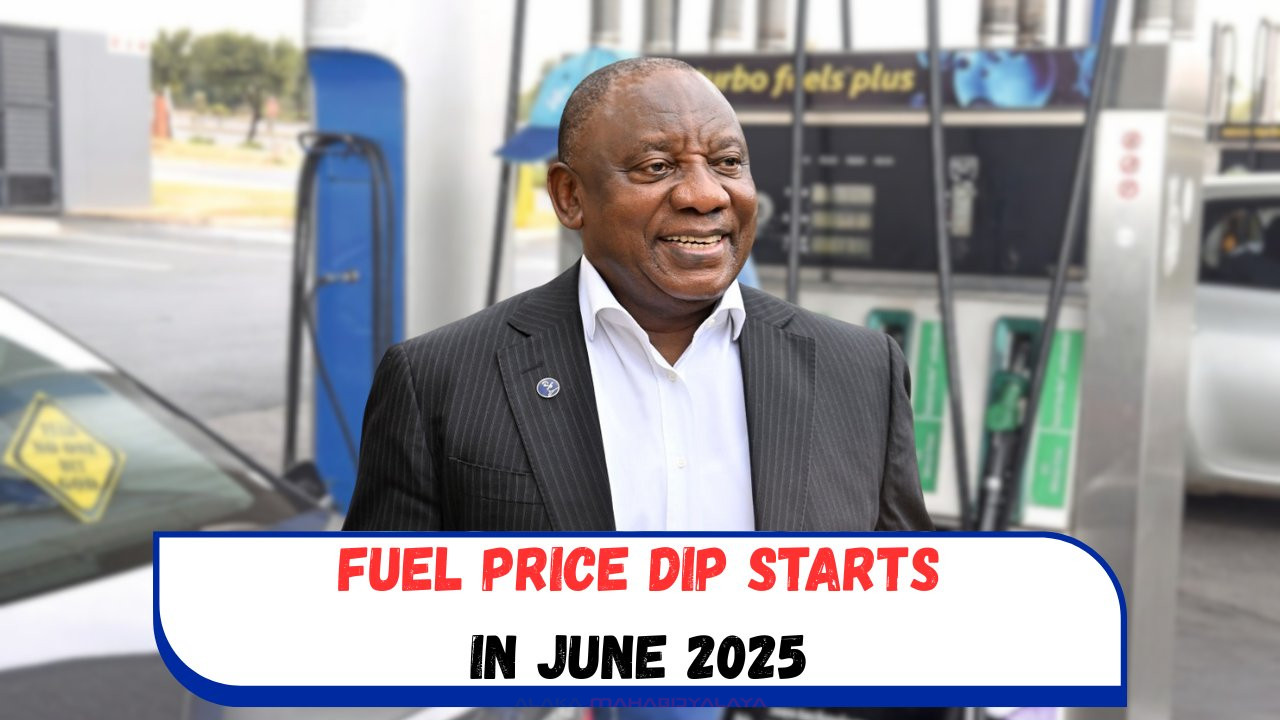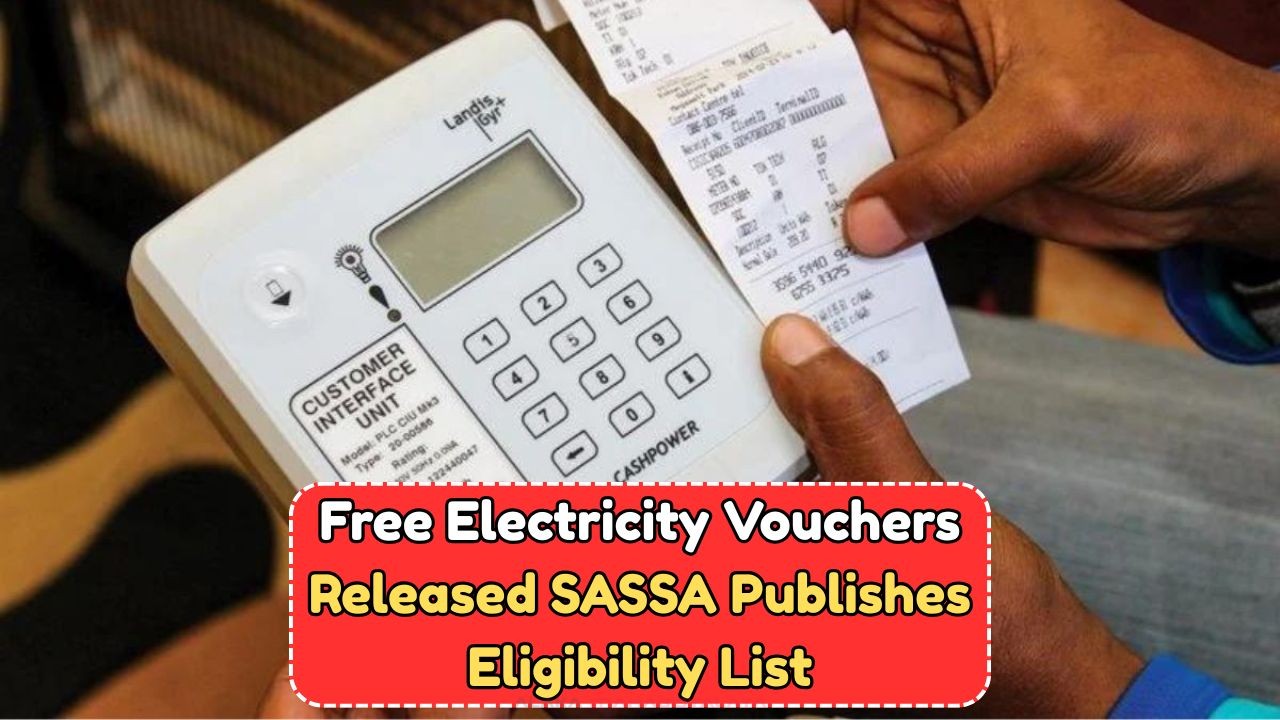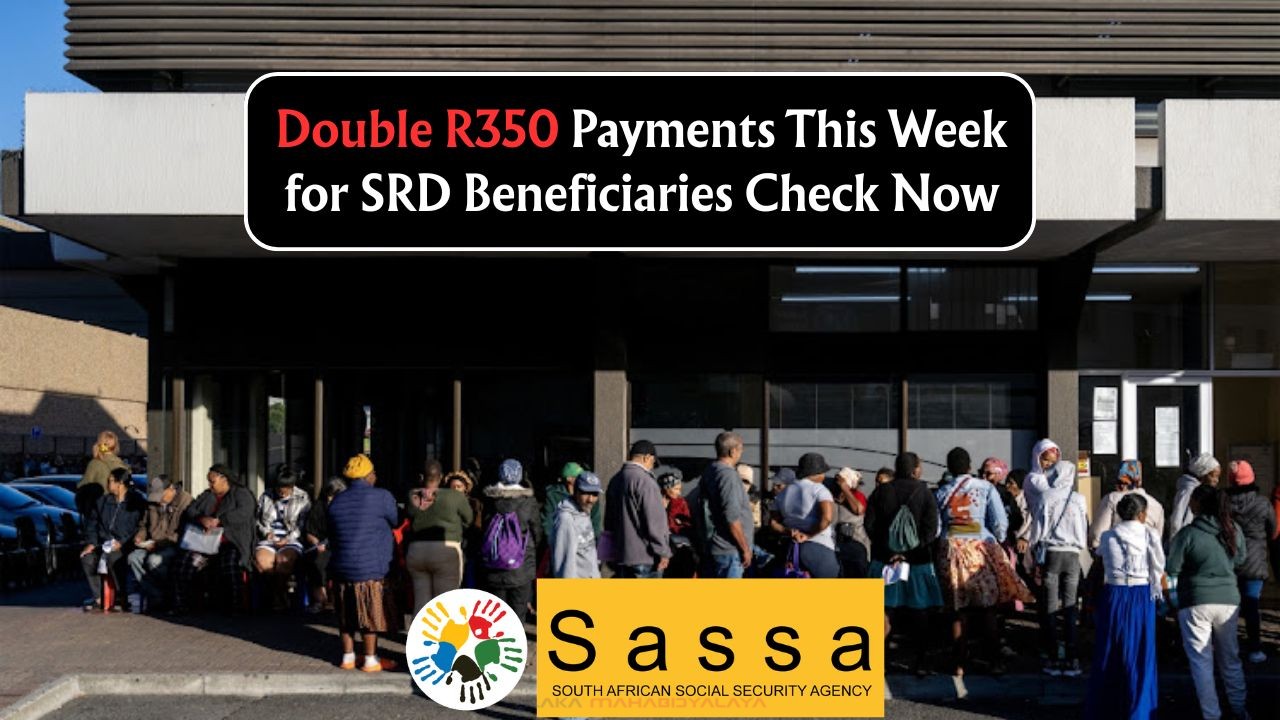Fuel Prices Set to Fall: South Africa is gearing up for a welcome economic relief as the government announces a nationwide reduction in fuel prices, set to take effect in June 2025. This strategic move is expected to bring significant financial respite to both individuals and businesses across the country, especially during these challenging economic times.
Impact of Lower Fuel Prices on South Africans
The anticipated decrease in petrol and diesel prices is projected to have a widespread positive impact on various sectors. For the average South African, this means more affordable commuting costs, which could translate to increased disposable income.
Benefits of the Fuel Price Reduction:
- Lower transportation costs for consumers.
- Reduced operational expenses for businesses reliant on logistics.
- Potential decrease in prices of goods due to lower distribution costs.
- Stimulus for economic activities as disposable income increases.
- Improved financial outlook for households.
These benefits are expected to ripple through the economy, offering not just short-term relief but also long-term economic stimulation.
Government’s Strategic Approach to Fuel Pricing
The South African government has actively engaged in strategies to mitigate the impact of fluctuating global oil prices on the local economy. By adjusting the fuel levies and engaging in diplomatic negotiations, the government aims to stabilize the fuel market.
In recent months, the Department of Energy has been working to secure favorable oil import agreements, ensuring that South Africa benefits from international market conditions. This proactive approach is part of a broader strategy to enhance the country’s energy security.
Key Elements of the Strategy:
| Element | Description | Impact | Timeline |
|---|---|---|---|
| Fuel Levy Adjustments | Reduction in government-imposed levies | Lower consumer prices | Immediate |
| Oil Import Agreements | Securing favorable international deals | Stable supply | Ongoing |
| Domestic Production Boost | Incentives for local refineries | Increased output | 2025-2026 |
| Energy Efficiency Programs | Encouraging reduced fuel consumption | Lower demand | 2025-2027 |
| Alternative Energy Investments | Funding for renewable sources | Diversified energy mix | 2025-2030 |
Through these efforts, the government aims to create a sustainable and resilient energy framework for the future.
Challenges and Considerations
While the reduction in fuel prices is a welcome development, several challenges remain that could affect its implementation and sustainability.
- Volatility in global oil markets could pose risks.
- Currency fluctuations impacting import costs.
- Potential environmental concerns from increased fuel use.
- Infrastructure readiness for alternative energy investments.
- Balancing fiscal budgets with reduced levy income.
- Ensuring equitable benefits across different economic sectors.
Addressing these challenges will require a concerted effort from both government and private sectors.
Future Prospects of the South African Fuel Market
Looking ahead, the South African fuel market is poised for transformative changes. The government’s commitment to diversifying energy sources and enhancing resource efficiency is set to shape the future landscape.
- Increased investment in renewable energy projects.
- Development of strategic oil reserves.
- Implementation of energy conservation policies.
- Exploration of new domestic fuel sources.
- Strengthening regional energy partnerships.
Renewable Energy Initiatives
Investing in renewable energy is a key focus, with solar and wind projects gaining momentum. These initiatives aim to reduce reliance on fossil fuels and promote environmental sustainability.
South Africa’s potential in solar energy, given its geographic advantages, is immense. Large-scale solar farms are being developed to harness this potential and integrate it into the national grid.
- Solar farms in Northern Cape.
- Wind energy projects in the Western Cape.
- Hydro-electric initiatives along major rivers.
- Bioenergy from agricultural waste.
These projects not only contribute to energy security but also create jobs and promote technological innovation.
Policy Reforms and Economic Stability
Policy reforms aimed at stabilizing the fuel market are also underway. These include regulatory adjustments to encourage investment and innovation within the energy sector.
The government is committed to maintaining economic stability while fostering growth in emerging energy markets. This balanced approach is crucial for ensuring that South Africa remains competitive on the global stage.
- Incentives for clean energy investments.
- Regulations for reducing carbon emissions.
- Support for research and development in energy technologies.
Collaborative Efforts for Sustainable Growth
Collaboration between government, industry, and communities is key to achieving sustainable energy growth. Public-private partnerships are being encouraged to leverage resources and expertise.
Frequently Asked Questions
| Question | Answer | Details |
|---|---|---|
| When will the price drop take effect? | June 2025 | Nationwide implementation |
| What sectors will benefit the most? | Transport and logistics | Cost savings expected |
| Are there environmental concerns? | Yes | Increased fuel use impact |
| How is the government supporting renewables? | Investments and incentives | Focus on solar and wind |
| Will this affect the national budget? | Potentially | Due to reduced levy income |
Departmental Contact Details
For further information regarding the fuel price changes, South Africans can reach out to the Department of Energy:
Email: [email protected]
Helpline: 0800-123-456
Website: www.energy.gov.za
Social Media:
Facebook: @EnergyZA
Twitter: @EnergyZA
Community Engagement
Public Forums: Scheduled in major cities
Online Feedback: Available on the departmental website
Newsletter Subscription: Monthly updates
Educational Workshops: Information sessions on energy savings
Press Releases: Ongoing updates available online
Media Inquiries: [email protected]






